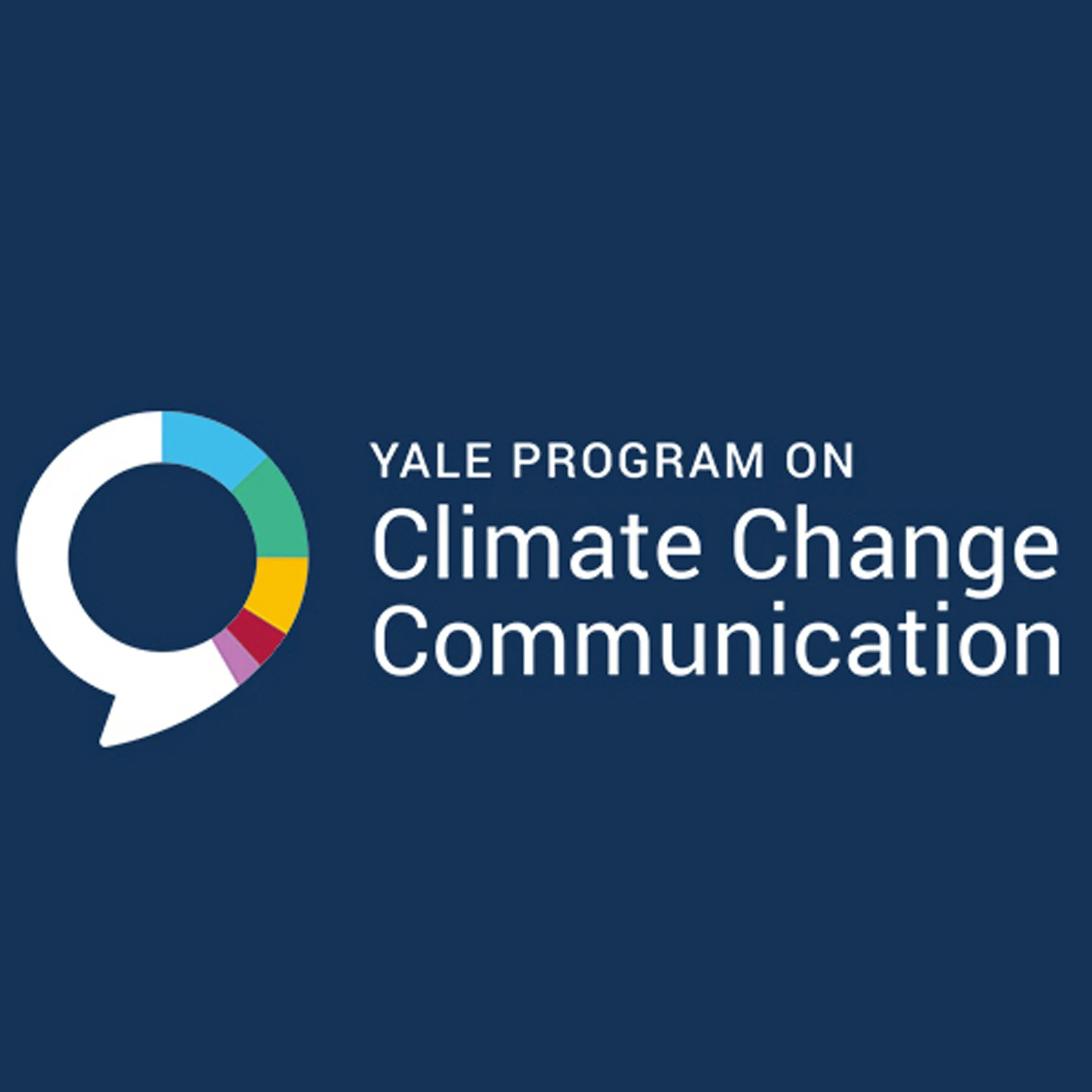Resisting Fascism & Ecological Collapse with Writer-Organizer-Activist CHRIS CARLSSON
/Writer · Organizer · Activist
When Shells Crumble · Shaping San Francisco · Critical Mass
The novel When Shells Crumble begins in December 2024, when the US Supreme Court nullifies the popular vote in the Presidential election and awards the presidency to an authoritarian Republican, who proceeds to demolish democracy and install a fascistic state that hastens ecological havoc. The novel is much more than your usual dystopian tale—it focuses on how to resist political cynicism and defeatism, and rebuild on planetary wreckage. It is a world-building project filled with wisdom, sadness, and joy. We specifically put this fictional text in conservation with his brilliant non-fiction work, Nowtopia, which offers a radical redefinition of “work” that restores dignity and value to their proper places.



















